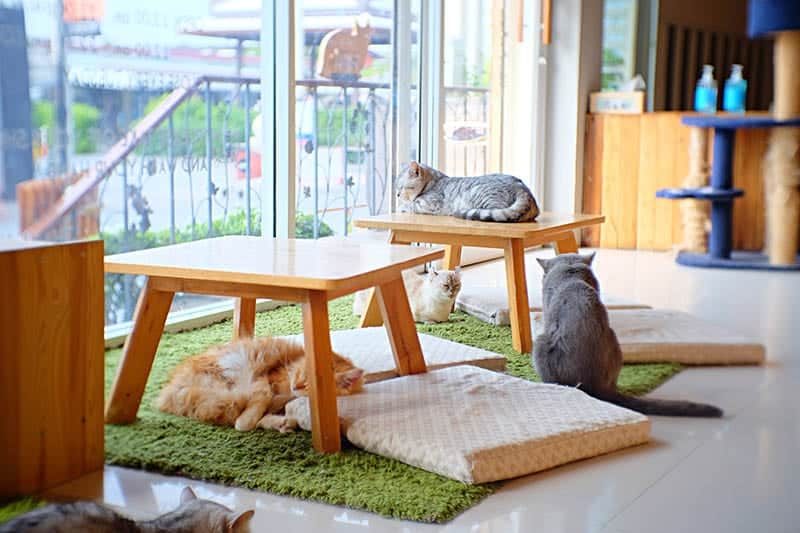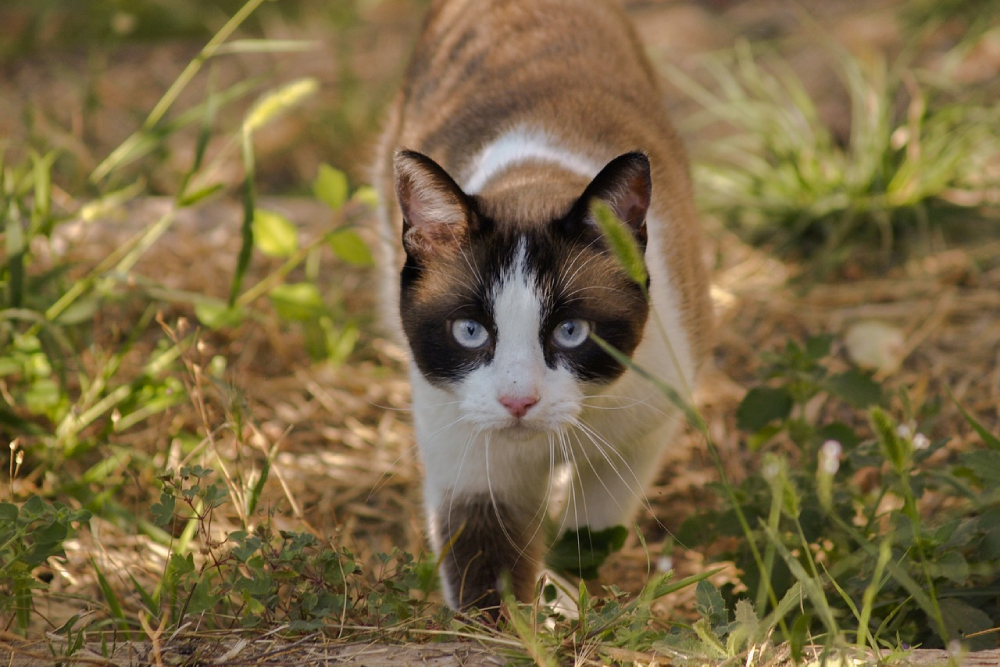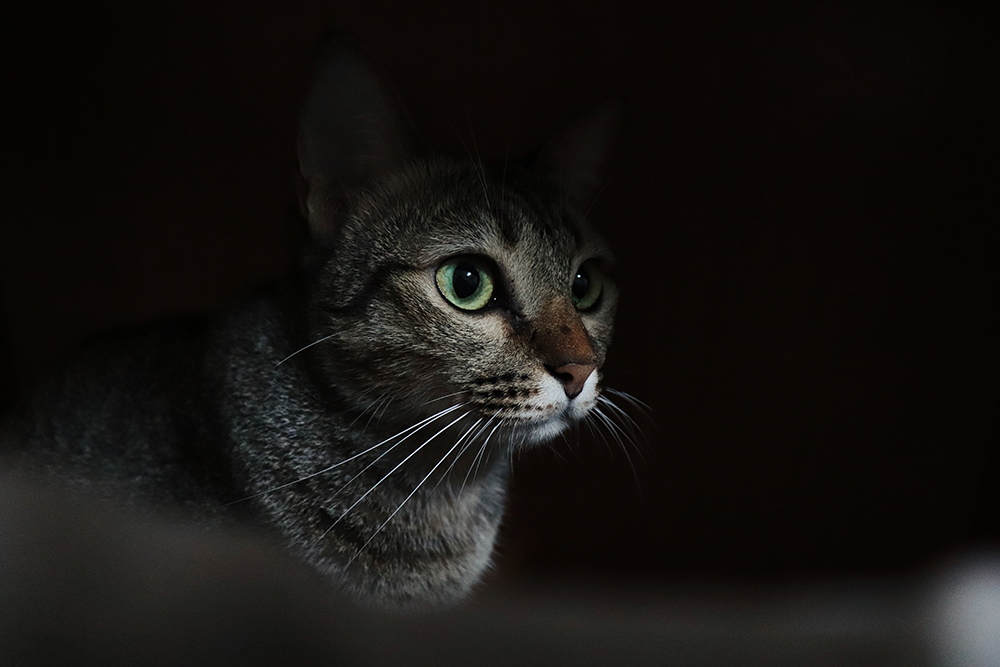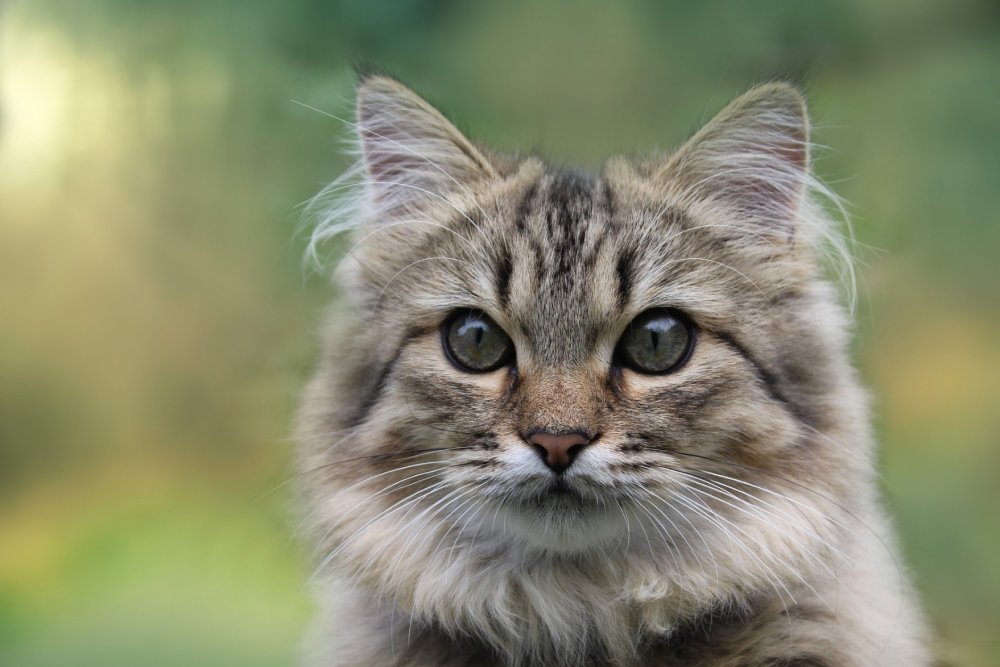Click to Skip Ahead
Any cat lover would be attracted to the idea of visiting a cat café, where they can make new furry friends while sipping their favorite coffee. While it sounds like a fantastic idea, and the popularity of cat cafés is growing, so are the questions about its ethicality and whether it is a safe space for cats. In general, whether a cat café is good or not for cats will depend on the conditions of the café and the care the owners give to the cats.
In this article, we’ll go over cat cafés in greater detail, including what they are, if they are good for cats, and the subject of ethics.
What Is a Cat Café?
A cat café is exactly what it sounds like. It functions like a regular café, where you meet up with a friend for a coffee or sit with your laptop for a few hours, but with the addition of roaming cats. It all started in Taiwan and was popularized by Japan. They can be found in all corners of the world, usually in the centers where cat-loving tourists visit. Cat cafés are still the most popular in Asia but are also becoming more popular in the United States, Canada, Australia, and Europe.
The cats are there to be petted, played with, and adored while you enjoy your latte and a muffin. Most of the food and drinks served at a cat café are also themed, with frothy cat art lattes and kitty-shaped treats. A cover charge is usually required to visit a cat café. The fee may get you about an hour or more in the café and is in addition to the cost of snacks and coffee.
Interaction with the cats is not always guaranteed. Many cats sleep most of the day or won’t feel up to being petted by another stranger. Some café owners will, rightfully so, put the cats’ needs first and will request that customers don’t interrupt them while they are sleeping, pick them, chase them, or use flash photography.
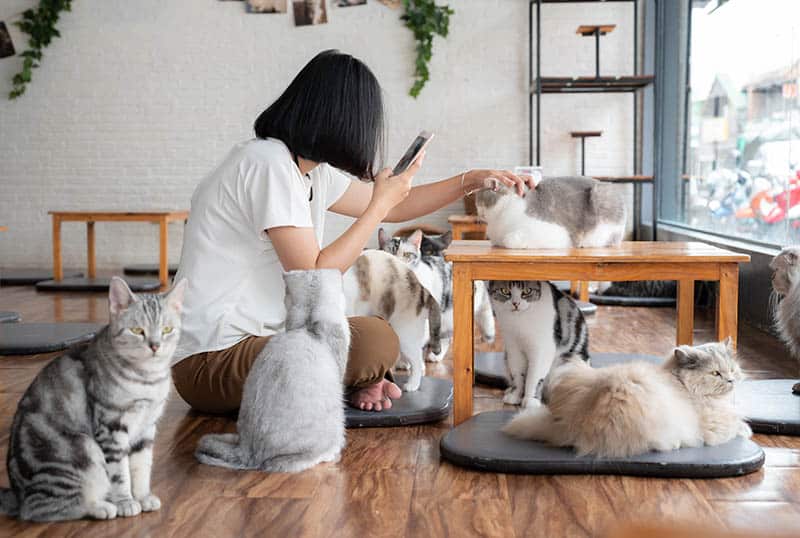
Are Cat Cafés Ethical?
When animals are involved, they always invite questions of ethics. With the number of cat caés around the world, the environment and treatment of the resident cats will vary, but they are generally run by cat lovers who have their care and well-being as a priority.
Whether or not a cat café is ethical is not a cut-and-dry answer, and at the end of the day, everyone will come to their own conclusion. To determine whether a business is ethical, you must consider the good and the bad. As far as cat cafés are concerned, it will depend on the individual café.
While it’s not cruel to have a cat in a building or on a business premises, a cat café is very different because visitors are coming there specifically for the cats. Therefore, the kitties are more likely to be bothered and overfed. However, it is up to the café’s owner to establish the rules and regulations.
The Problems With Cat Cafés
Each cat café has different standards about what is clean, safe, and fair for the cats that stay there. There is a constant stream of people going in and out, which can be unsettling for the cats. They generally enjoy quiet and calm environments, and a café is not exactly that; a cat café will be more likely to be busy.
Cats are independent animals who don’t usually revel in constant attention. They enjoy and need their alone time, and cat cafés don’t generally provide that. The continuous buzz of sounds and people can cause the cats to become stressed. Some cafés are small, confined spaces, which brings up the issue of keeping so many cats in a confined area.
If one cat gets sick, all the cats potentially get sick. Problems like ringworms can be passed on to humans. Vaccinations and neutering are also a problem. If these protocols aren’t followed, there can be some serious problems. Cats will start breeding, adding to the population of strays, and preventable diseases can easily be spread among them.
Some cat cafés rely on breeders, which is devastating considering there are 3.2 million cats brought into shelters each year and 530,000 euthanized.
As you can imagine, cat cafés are the Department of Health’s worst nightmare. There are many rules and regulations regarding a place that serves food and beverages and has dozens of animals on the premises. The business must be overseen by animal control and the health department.
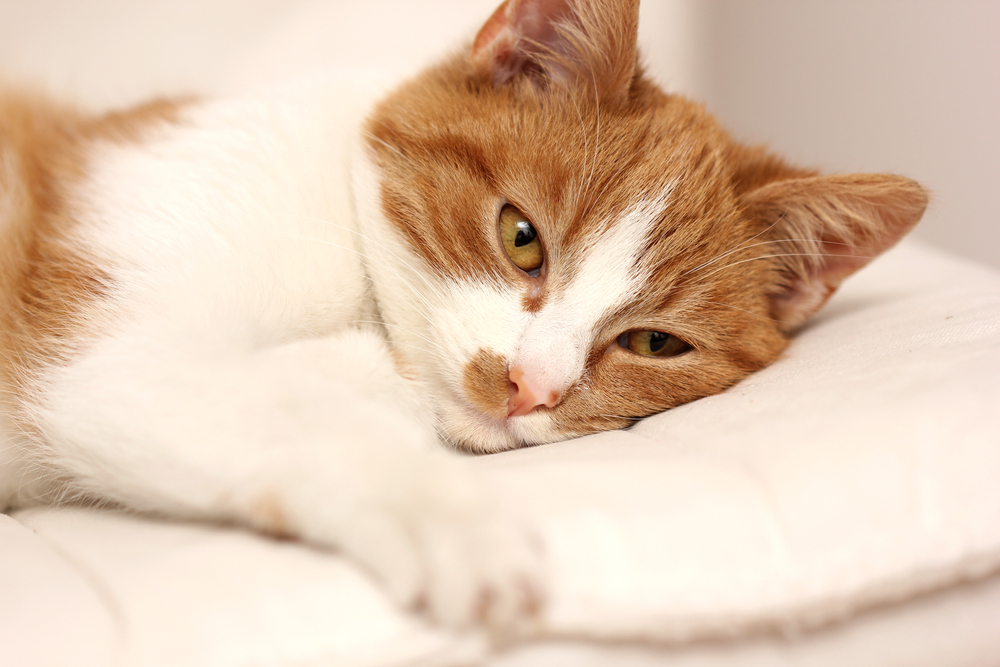
Well-Run Cat Cafés
As cat cafés grow in popularity, rules and regulations have been established. For example, Japan has a law protecting the animals, and cat café owners must follow strict guidelines. Many café owners also keep their premises extremely clean and have strict rules for patrons. Rules and regulations make the environment a lot better for cats. Some café owners also monitor their cats for stress; if they seem unhappy, they will be rehomed.
Some cats come from shelters and are housed in the cafés, as well as stray cats and abandoned cats. Several of the cats become beloved companions to the staff of the cafés, and some businesses host adoption events.
How To Know if the Cats Are Healthy and Safe
A good cat café generally has strict rules to ensure the cats are safe and healthy. While the rules vary from place to place, most restrictions include not being allowed to pick up the cats, no flash photography, not disturbing the cats while they sleep, not feeding the cats, and not causing stress to the cats.
Check to see if the cats at the café are available for adoption, bred for the café, or rescued. If the café only has pedigree cats, they are more likely to support cat breeders rather than shelters. Observe the café for ample space. Good cat cafés should have enough space for the cats to hide and have quiet time when they are feeling overwhelmed.
The cats should be fully vaccinated and neutered to prevent them from getting sick and overbreeding. No cat café should allow the cats to reproduce.
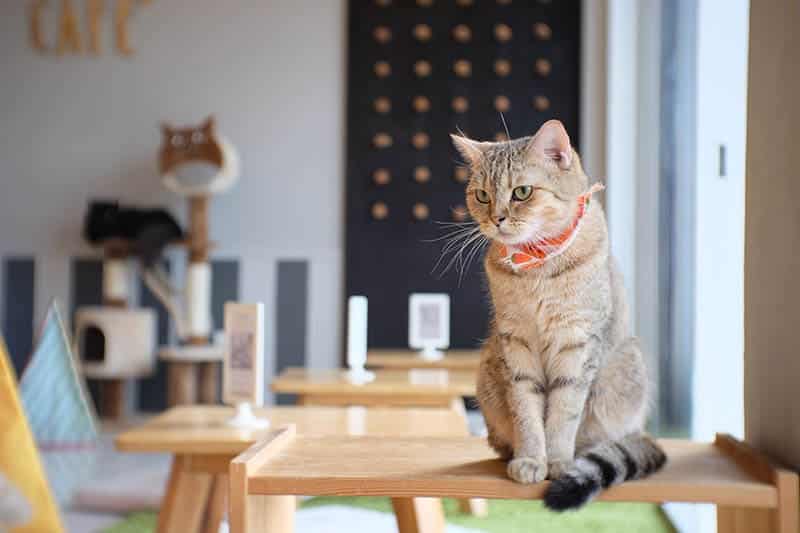
Conclusion
There is no solid answer to whether cat cafés are ethical. Generally, most cafés are owned and run by owners who love cats and ensure they are healthy and safe with strict rules and regulations. Sadly, however, some don’t, and money is the only motivation, in which case, those cafés will most likely not be suitable for cats and will fall short of ethical standards.
- See also: 10 Top Cat Cafes in the US
Featured Image Credit: Phatthanun R, Shutterstock

